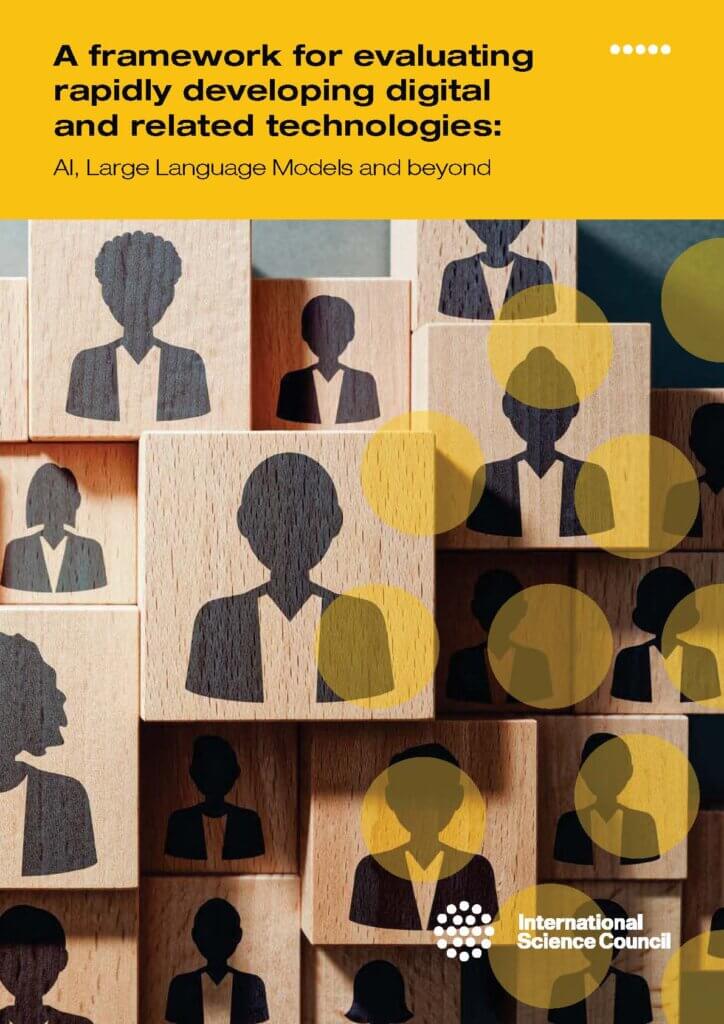Scientists and researchers increasingly value science fiction for its contributions to anticipating future scenarios. As part of its mission to explore where changes in science and science systems are leading us, the Centre for Science Futures sat down with six leading science fiction authors to seek their perspectives on how science can meet the many societal challenges we face in the next decades.
In the coming weeks, you will hear original conversations with:
- Kim Stanley Robinson (USA),
- Karen Lord (Barbados),
- Vandana Singh (India),
- Fernanda Trías (Uruguay),
- Qiufan Chen (China), and
- Cory Doctorow (Canada)
The interviews delved deep in their creative process, such as what inspire them to build plausible scenarios of the futures, to their views on the developments in science and technology – on topics ranging from climate change and food security to the current disruptions caused by artificial intelligence (AI). Each author also shared their thoughts on the potential impact of science fiction more broadly, including its influence on scientists’ and policymakers’ thinking and decisions.
🎧 Listen to more ISC pocasts
EP 1: Science as a Political and an Ethical Project
In the first episode, we spoke to Kim Stanley Robinson, the author of the bestselling The Ministry for the Future and winner of the Hugo, Nebula, and Locus awards. Our conversation covered topics including the dangers of escapism, climate grief, and the myth of scientific objectivity.
EP 2: Long-Term Thinking in Policymaking
The second episode features the award-winning Barbadian writer Karen Lord, whose latest book, The Blue, Beautiful World, was published in August 2023. We hear from her the lessons from the COVID pandemic, short-termism, and the power of literature that holds its reach through time.
EP 3: Data, Narrative, and Transdisciplinarity
Hailing from India, Vandana Singh features in our third episode. As well as being a celebrated science fiction author, Singh is also a transdisciplinary scholar of climate and a professor at Framingham State University in Massachusetts, USA. We discuss the limits of data, the power of narrative, and whether our conception of time could help us think about responsibilities in the practice of science.
EP 4: Lessons from an Eco-Dystopia
This fourth episode sees us in conversation with Fernanda Trías, an award-winning author from Uruguay, and an instructor of creative writing in Colombia. She has published a short story collection and four novels, including the English-translated book Pink Slime. We ask her whether the genre of horror can bring about transformative change, and why there is the need to integrate the arts and sciences.
EP 5: Values and Senses in Artificial Intelligence
In this episode, we speak to Qiufan Chen, an award-winning Chinese speculative fiction writer, author of The Waste Tide and co-author of AI 2041: Ten Visions for Our Future. Our main discussion centres around artificial intelligence and how we can harness the power of this technology while avoiding the dangers it poses.
Episode 6: Leveraging Digital Advancements for the Future
The final episode features Canadian journalist and author Cory Doctorow. Writing from an early age, his first novel, Down and Out in the Magic Kingdom, was published in creative commons format, allowing readers to access and share online.
This series is hosted by Paul Shrivastava, Professor of Management and Organizations at Pennsylvania State University. The Centre for Science Futures is honoured to partner with the Arthur C. Clarke Center for Human Imagination from the University of California, San Diego, on this project.
You might also be interested in
This ISC discussion paper provides the outline of an initial framework to inform the multiple global and national discussions taking place related to AI.
Photo by Ivan Diaz on Unsplash.

